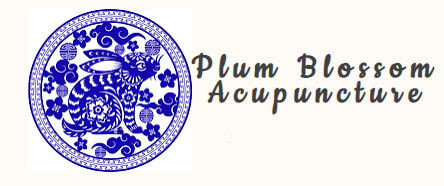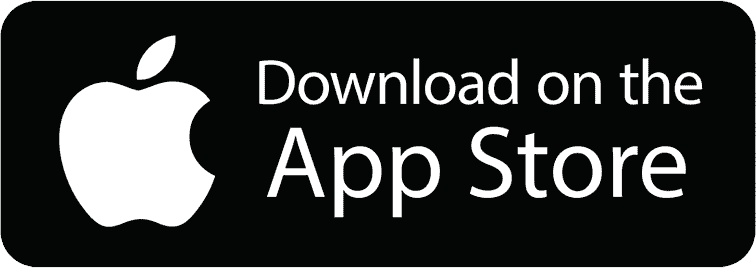To offer our patients the additional support of acupuncture and Chinese medicine, ICRM partners with Naomi Jankowitz, LAc, MSOM. Naomi is a Licensed Acupuncturist, with over 20 years of clinical experience. She treats ICRM patients on site on their transfer day, and also works with many of our patients in her office, supporting them in the weeks and months leading up to the transfer.
Acupuncture and In Vitro Fertilization (IVF)
Mounting evidence is showing that acupuncture and Chinese medical advice can improve success rates for couples undergoing IVF, with the added benefits of relieving physical and emotional stress, and keeping you more comfortable and you go through your fertility journey. Acupuncture works by calming your nervous system, increasing blood flow to your uterus and ovaries, and relieving common side effects of IVF medications and hormones.
Studies show that Chinese medicine can
- Help increase IVF success rates (see the Research Pages, below).
- Decrease the side effects of the medications.
- Optimize sperm and egg health and the health of the unborn child through pre-conception care.
- Build resilience to help you persevere and stay in treatment until successful
Acupuncture on the day of IVF transfer can help:
- Increase success rates, optimize patient outcomes (Smith 2019)
- Reduce stress – decrease cortisol levels which is known to decrease “time to conceive” (Eshkevari 2013)
- Help patients have a good experience (Smith 2011, de Lacey 2009)
The latest research shows that receiving weekly acupuncture treatments, and following Chinese medical lifestyle advice – including diet changes, improving sleep habits, and adjusting exercise routines – in the months or weeks leading up to the transfer day is associated with greater odds of live birth in donor and non-donor cycles (Hullender Rubin, Opsahl, Wiemer et al. 2015). Acupuncture also regulates and increases blood flow to the uterus to increase chances of implantation (Stener-Victorin 1996). These modalities can also improve sperm count, morphology, and motility, in men.
Once pregnant, some women choose to continue receiving acupuncture, at varying intervals, to support the health of mother and baby.
To learn more about acupuncture and fertility, see the Acupuncture and Fertility page on Naomi’s website (naomijankowtiz.com). The website of the American Board of Oriental Reproductive Medicine, at https://aborm.org, is another good source of information. You may also call or email Naomi for more information.
Acupuncture is sometimes covered for fertility by your health insurance. Call your insurance company to verify benefits.
Research:
- Smith CA et al. 2019. Acupuncture performed around the time of embryo transfer: a systematic review and meta-analysis. Reprod Biomed Online. 2019 Mar;38(3):364-379.
- Hullender Rubin, Opsahl, Wiemer et al. 2015. Impact of whole systems traditional Chinese medicine on in-vitro fertilization outcomes. Reproductive Biomedicine Online. 2015 Jun;30(6):602-12.
- Stener-Victorin E, et al. 1996. Reduction of blood flow impedance in the uterine arteries of infertile women with electro-acupuncture. Human Reprod. 11(6):1314-7.
- Balk, J, MD MPH, et al. The relationship between perceived stress, acupuncture, and pregnancy rates among IVF patients: a pilot study. Complement Ther Clin Pract. 2010 Aug; 16(3): 154–157.
- De Lacey, et al. Building resilience: A preliminary exploration of women’s perceptions of the use of acupuncture as an adjunct to In Vitro Fertilisation, 2009. BMC Complementary and Alternative Medicine, Volume 9: 5
- Eshkevari L, Permaul E, Mulroney SE. Acupuncture blocks cold stress-induced increases in the hypothalamus-pituitary-adrenal axis in the rat. 2013. J Endocrinology, 15;217(1):95-104.
Naomi Jankowitz, LAc, MSOM

(208) 860-4278






